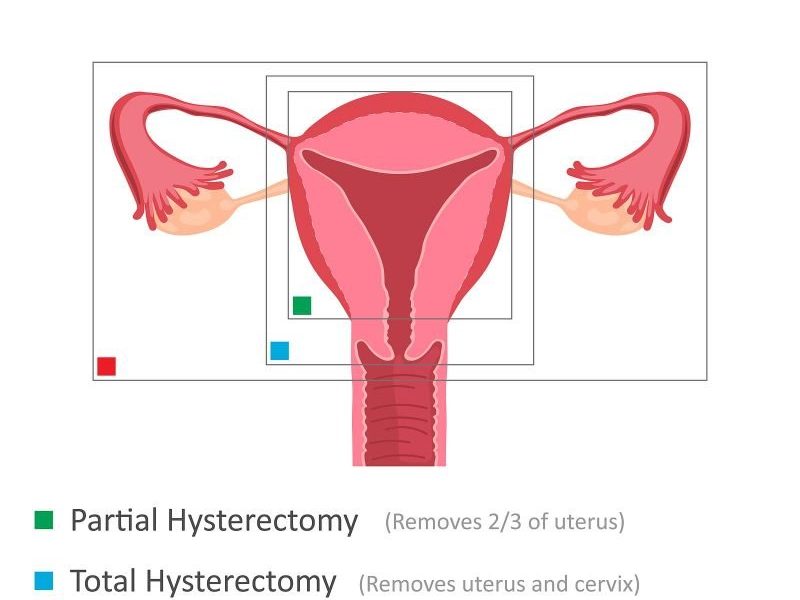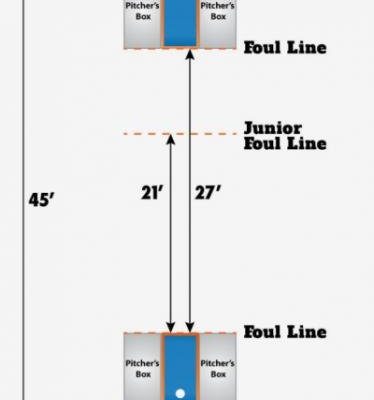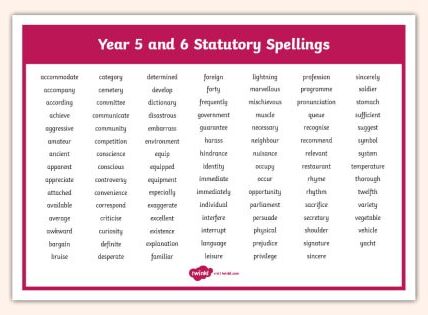A hysterectomy without insurance can cost anywhere from $6,000 to $15,000, making it a significant financial consideration for many women. Understanding the potential costs involved in such a procedure is crucial for informed decision-making. Additionally, exploring alternative payment options or financial assistance programs can help alleviate the financial burden. Let’s delve deeper into the various factors that impact the cost of a hysterectomy without insurance and how you can navigate this aspect of your healthcare journey.
Understanding the Cost of a Hysterectomy Without Insurance
The Basics of a Hysterectomy
Imagine if your body is like a well-organized factory. Each part has its own important role to keep everything running smoothly. The uterus, or womb, is one such important part of a person’s body. Sometimes, due to various reasons, a person may need to have their uterus removed through a surgery called a hysterectomy. This procedure can be necessary for health reasons, and it’s important to understand the costs involved, especially if you don’t have insurance to help cover them.
Factors Influencing the Cost
The cost of a hysterectomy can vary based on different factors. One significant factor is the type of hysterectomy needed. There are different types of hysterectomies, such as total hysterectomy, subtotal hysterectomy, and radical hysterectomy. The complexity of the surgery and the specific medical condition being addressed can also impact the final cost.
Another important factor is the location where the surgery takes place. Healthcare costs can vary greatly depending on where you live. Urban areas tend to have higher costs compared to rural areas. Additionally, the reputation and expertise of the healthcare provider or facility performing the surgery can influence the overall cost.
Breaking Down the Expenses
When you think about the cost of a hysterectomy without insurance, it’s crucial to consider all the different expenses that may be involved. Here are some common expenses you might encounter:
1. Surgeon’s Fees:
The surgeon is the doctor who performs the hysterectomy. Their fees will be a significant part of the total cost of the procedure. Surgeons undergo extensive training to be able to perform surgeries like hysterectomies, and their expertise is reflected in their fees.
2. Anesthesia Costs:
Anesthesia is a medication that helps you sleep comfortably during the surgery and prevents you from feeling pain. Anesthesia costs can vary depending on the type of anesthesia used and the duration of the surgery.
3. Hospital Fees:
The hospital or surgical facility where the hysterectomy takes place will charge fees for the use of their facilities, equipment, and staff. These fees can include room charges, operating room fees, and other related costs.
4. Pre-Op and Post-Op Care:
Before the surgery, there will be consultations, tests, and preparations that need to be done. After the surgery, there will be follow-up appointments and care to ensure a smooth recovery. These additional services can add to the overall cost of the hysterectomy.
Cost-Saving Options
While the cost of a hysterectomy without insurance can be daunting, there are ways to potentially save money or manage the expenses more effectively.
1. Payment Plans:
Many healthcare providers and facilities offer payment plans or financial assistance programs for patients without insurance. These programs can help you break up the cost of the surgery into manageable payments.
2. Negotiation:
Don’t be afraid to discuss the costs with your healthcare provider. In some cases, they may be willing to negotiate the fees or offer discounts, especially if you are paying out of pocket.
3. Seek Out Low-Cost Options:
Research different healthcare providers and facilities to compare prices. Some clinics or hospitals may offer more affordable rates for hysterectomies. It’s important to balance cost savings with the quality of care provided.
In conclusion, understanding the cost of a hysterectomy without insurance is essential for anyone considering this procedure. By being aware of the factors that influence the cost, breaking down the expenses involved, and exploring cost-saving options, you can approach the financial aspect of a hysterectomy more confidently. Remember, your health is invaluable, and there are resources available to help you manage the costs effectively.
How Much Does A Hysterectomy Cost? – The Operating Table
Frequently Asked Questions
What factors influence the cost of a hysterectomy without insurance?
The cost of a hysterectomy without insurance can vary depending on factors such as the type of procedure (laparoscopic, abdominal, vaginal), the hospital or surgical facility chosen, the experience of the surgeon, additional tests or consultations required, and geographical location.
Is it possible to negotiate the price of a hysterectomy if not covered by insurance?
Yes, it may be possible to negotiate the price of a hysterectomy if you are paying out-of-pocket. It’s recommended to inquire directly with the healthcare provider or hospital about any potential discounts, payment plans, or financial assistance programs that could help reduce the overall cost.
Are there any clinics or organizations that provide financial assistance for individuals needing a hysterectomy without insurance?
Some clinics, hospitals, or non-profit organizations may offer financial assistance or sliding scale fees for individuals in need of a hysterectomy but do not have insurance coverage. It’s advisable to research and reach out to local healthcare providers or community resources to inquire about any available assistance programs.
Final Thoughts
In conclusion, the cost of a hysterectomy without insurance can vary significantly based on factors like location, healthcare provider, and specific procedure. Patients should research and compare pricing options to ensure they find the most affordable option. Without insurance, the out-of-pocket cost for a hysterectomy can range anywhere from $5,000 to $12,000 or more, depending on individual circumstances. Understanding the expenses involved in a hysterectomy can help individuals make informed decisions about their healthcare.





